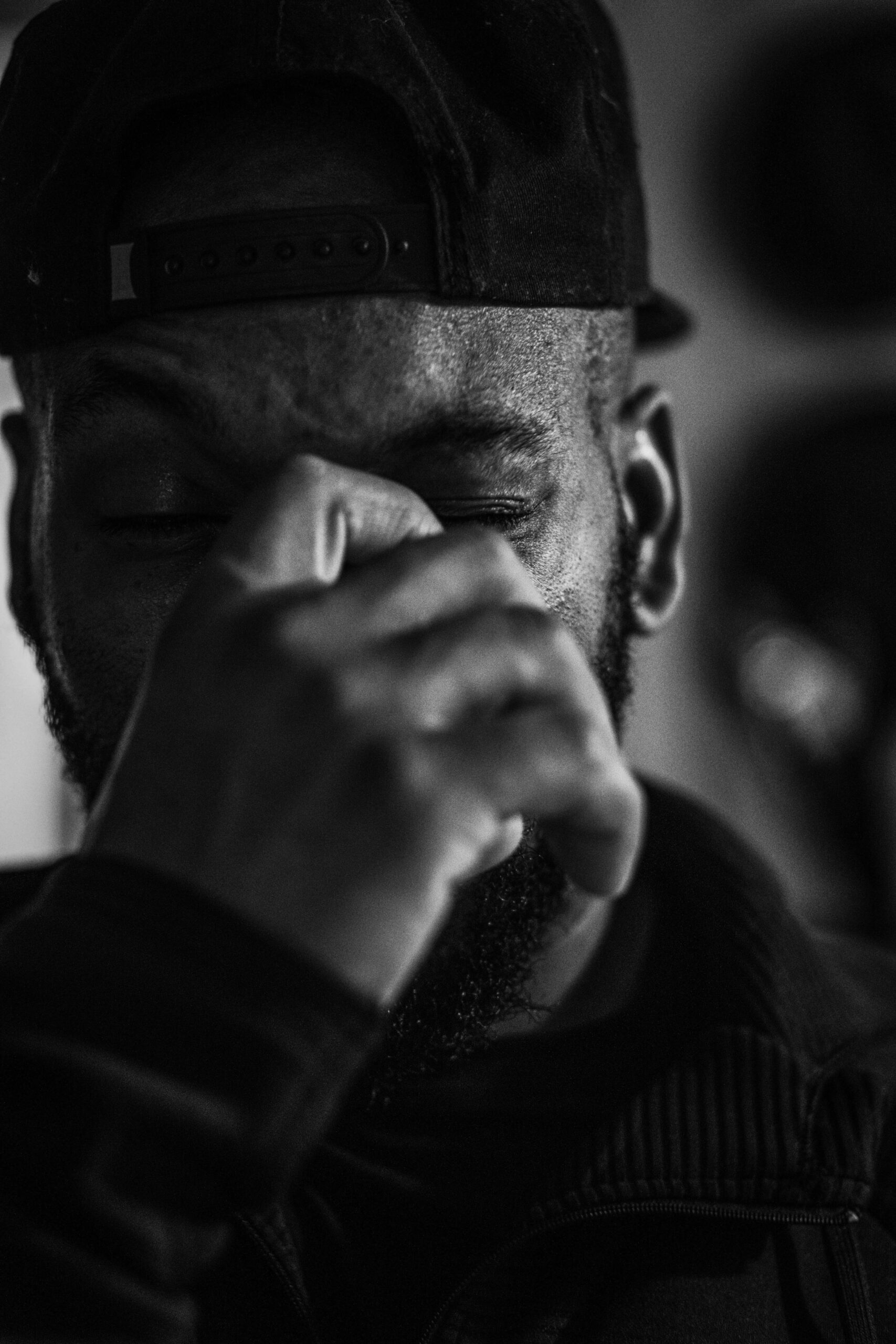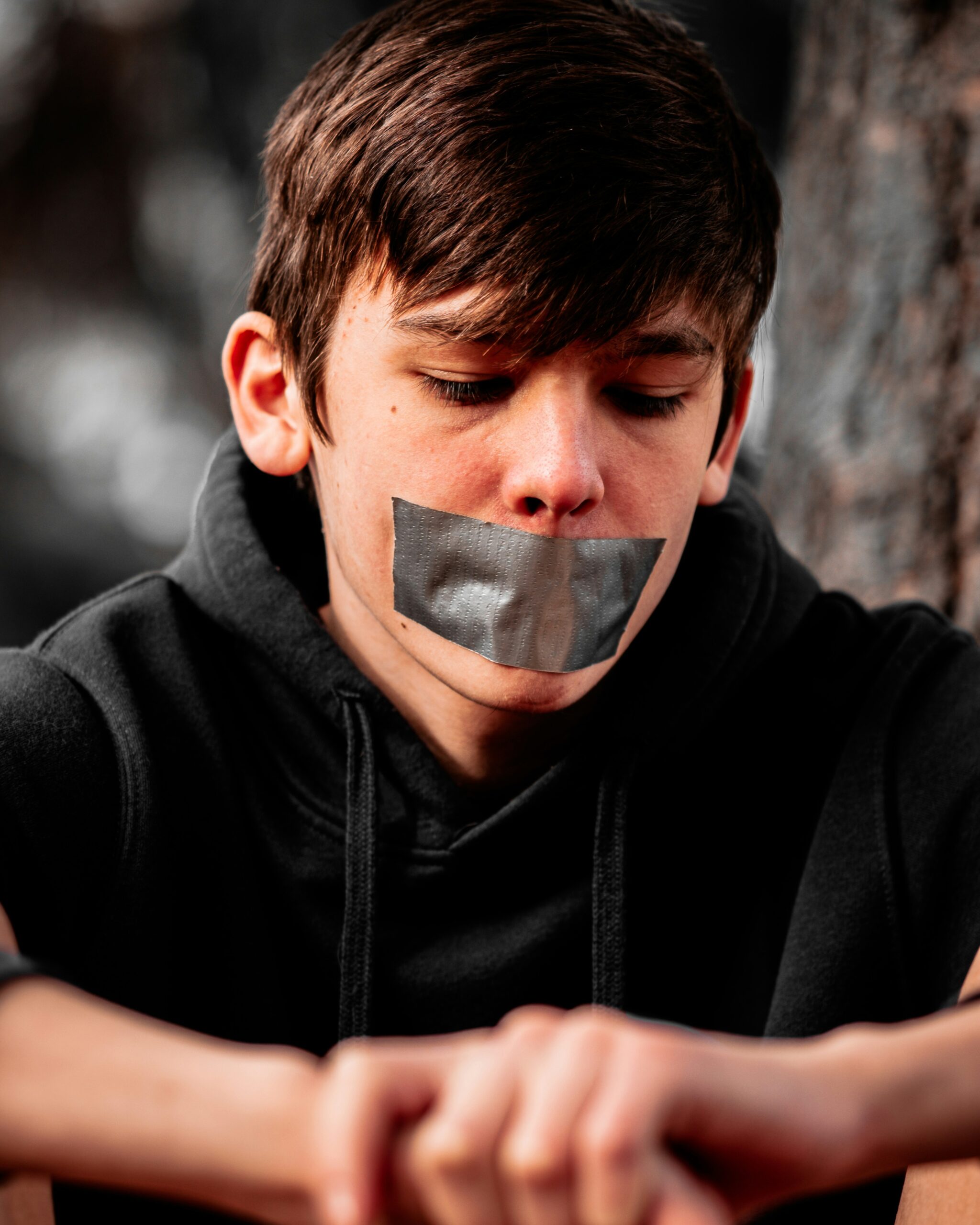Warning: this article discusses suicide. If you or someone you know is having thoughts of suicide, call the 24 hotline 988 or proceed to the nearest emergency room. If the topic of suicide is a trigger for you, do not continue reading this article as it discusses suicide.
Shame on society to have made many men feel they aren't allowed to have feelings or show their feelings, and if they do, often they are not validated for how they think. We as a society need to do better in listening to men and allowing them to share their feelings. In 2021, according to the CDC, suicide in men is the 11th cause of death. 481,083 men in 2021 completed suicide, and there were 1.70 million suicide attempts made by men (CDC, 2023). On average, the CDC estimates 132 suicides per day, and white males account for 69.68% of those suicide statistics. Men between the ages of 25-34 and 74-84 have the highest age range for suicide in the United States. According to the CDC, 94% of people surveyed believe suicide can be prevented.
Normalizing men who have emotions and have experienced significant stressors will hopefully lessen the stigma and allow men to reach out for professional help. We should recognize men struggle with the following things: they are not alone.

- Have experienced trauma.
- Are you allowed to cry
- Have been victims of bullying.
- Can show their emotions
- Have eating disorders.
- Have body image issues
- Have insecurities.
- Have been abused
Men may feel it is difficult to discuss their trauma. They may have feelings of shame and guilt related to the trauma. They often think they need to be "tough" or "have to suck it up" because of how society has conditioned them. Trauma can cause emotional, physical, cognitive, and behavioral effects that can stick with them throughout their lives if not treated. Often, people who have experienced untreated trauma could lead to addictions or mental health-related issues. If men have experienced trauma, reaching out for help from a mental health professional could help in healing the trauma. Men can experience trauma in some of the following ways:
- Moving
- New Job
- Divorce
- Infidelity
- Terrorism
- Natural Disasters
- Sexual Abuse
- Death
- Accidents
- Military/Fire Fighters/Police
- School Shootings
It's Okay for Men to Cry
When people cry, they release toxins from their bodies. Over time, stress can increase adrenocorticotropic hormones that must be released (Louie, 2016). Your body gives you warning signs, letting you know if you need to release or address something. Somatic Symptoms may occur that allow you to know you are under a lot of stress and experiencing anxiety or depression. Symptoms can cause effects on different organs, yet you may not recognize it is related to your mental health. Reaching out to a healthcare provider to rule out other physical conditions is essential. Here are a few somatic symptoms you may recognize:

- Pain
- Muscle aches
- Soreness
- Neurological problems
- Gastrointestinal Issues
- Sexual symptoms
- Headaches
- Stomach aches
- Feeling of Fog
Suppressing emotions could lead to the following mental health issues:
- Eating Disorder
- Alcoholism/Drug Use
- Marijuana Dependency
- Depression
- Anxiety
Men Can Ask For Help
Unfortunately, another problem our society has done is make men think it's not okay to ask for help. Many men struggle with asking for help, fearing they will look or feel weak. Not asking for help can cause additional stress, anxiety, depression, or feelings of loneliness. Men desire to feel like Superman, that they can provide for their families, and need to feel macho. These feelings are increasing stress and unhealthy lifestyles. By not asking for help and trying to carry the world on their shoulders, they run the risk of having an unhealthy lifestyle that could lead to heart disease, diabetes, arthritis, and high blood pressure (Bates, D., 2019). Since men are less likely to seek out medical or mental health support, it can contribute to worsening symptoms or death. Recognizing the importance of asking for help is crucial in taking care of yourself, so we as a society need to normalize it's okay for men to ask for help.
Men are Victims of bullying
Bullying doesn't just happen to children or women, but men experience bullying too. It is essential to recognize and normalize men can be impacted by bullying and the importance of reaching out for help and talking about how it is impacting their overall health. No one, regardless of sex, socioeconomic, career, or education level, should feel unsafe or threatened by another human or humans, according to mentalhelp.net. Bullying can manifest in different forms, and the effects of bullying can be very significant and have long-lasting impacts on a person. The following are ways that can harm a victim of bullying:
- Mental Health Issues, including PTSD (Post-traumatic stress disorder).
- Low Self Esteem
- Depression
- Anxiety
- Drug/Alcohol disorders
Men Are Allowed to Share Emotions
Teaching boys/men it's okay to show emotions is essential. However, going a step further and introducing them to emotions and recognizing that there are primary and secondary emotions, where they come from, and what triggers them will enhance their emotional IQ and allow them to not hold it all in. Holding in emotions is unhealthy; it is essential to talk about what is happening. Doing daily and weekly check-ins with someone about how you are feeling will assist in allowing you to stop/think and understand why your stress level may be increasing, and noticing by talking about it could allow you to problem-solve to decrease the additional stress. Society needs to normalize men sharing their emotions is okay by discussing it on different media platforms.
Eating Disorders, Insecurity, and Body Image Affect Men
Not all men have positive affirmations about their bodies. Many men walk around feeling their bodies create insecurities and sometimes eating disorders. A positive body image can create a healthy appreciation for one's self-esteem. Eating disorders are increasing in men; however, they are still more common in women (Alleva, J, 2022). According to Alleva, 31% of men have been diagnosed with anorexia nervosa and bulimia nervosa, and up to 43% of people have a binge eating disorder. Normalizing that men suffer from these disorders will make it easier for them to seek support.
Men are Victims of Abuse, Too
It is 2024, and still, we have not normalized in society that men are victims of abuse too, and normalizing it will allow men to reach out for help. According to Gillis, 2021, the National Coalition Against Domestic Violence reports 1 out of 9 men have reported violence. However, this probably is not accurate due to underreporting of violence from men for fear of looking weak, being made fun of, embarrassed, or feeling no one will believe them (Gillis, 2021). Many men suffer from shame, feelings of weakness, embarrassment, or emasculation and often question their abuse. Since men don't report their abuse, it can make them feel isolated and lonely, causing them to feel they are the only ones experiencing this. Here are some signs you are being abused or going through an abusive situation:

- Jealousy (extreme)
- Possessiveness (not being able to go out with friends or family)
- Being afraid of your partner's reaction to social media, texts, and phone calls from others
- Being made fun of
- Partner threatens to kill themselves if they leave
- Stalking
- Threatening to leave the relationship
- Threatening to get them fired
If you are struggling with any of these feelings, know it is okay to reach out to a mental health professional. They will assist you in finding tools to process your emotions and provide you with strategies to decrease some of these feelings as well as increase your mood or determine boundaries that will be good for you. You can find a mental health professional by looking at Psychology Today. You don't have to struggle in silence. Let's normalize it's okay for men to share and express their feelings.
References
Alleva, J, 2022, Positive Body Image and Eating Disorders Among Men. New research investigates how men feel about their body and eating over time. Psychology Today
Bates, D, 2019, Men Are Afraid to Ask for Help. The negative outcomes of not seeking help. Psychology Today
American Foundation for Suicide Prevention, 2023 Suicide Statistics
Center for Disease Control (CDC), 2023 Suicide Statistics
Gillis, K, 2021, The Difficulty of Recognizing Domestic Violence Against Men. Gender stereotypes create unfair stressors for men coming forward for support. Psychology Today
Louie, S, 2016, Real Men Cry. Crying is Caring Psychology Today
